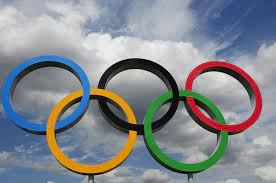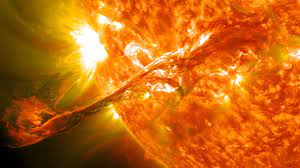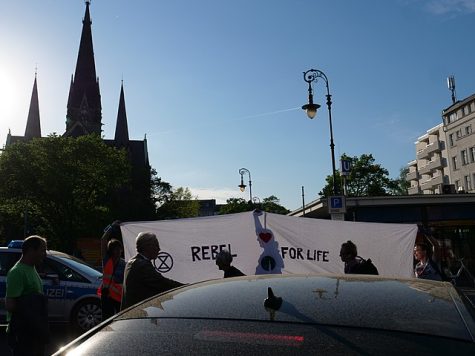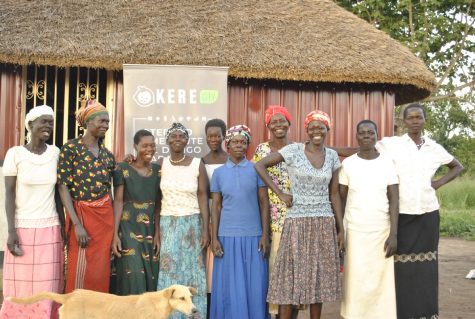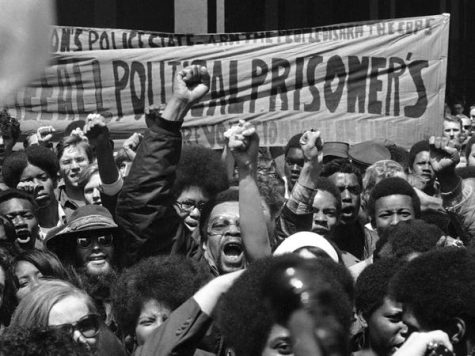The COVID-19 Vaccines are Confusing. We’ve Got Answers to Your Questions.
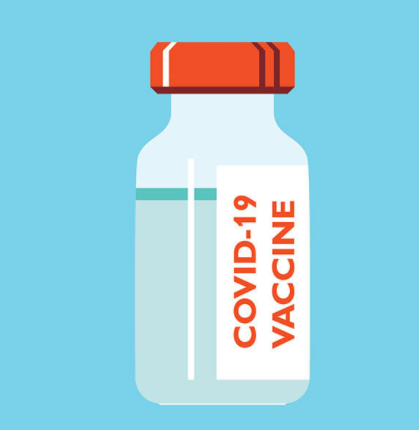
March 16, 2021
With the new Johnson & Johnson vaccine coming out, many people are beginning to research the difference between the three current vaccines. Here in this article, we are going to outline the most frequently asked questions about the three vaccines: Johnson & Johnson, Pfizer, and Moderna. Hopefully, this article will leave you well educated and up to date with all the basics.
(1) What is each vaccine made from?
The Pfizer and Moderna vaccines were the first to emerge, composed of mRNA or messenger RNA. Rather than containing a piece of the actual virus, these vaccines took mRNA and incorporated it into the vaccine which causes your immune system to build a protein that will combat and build an immunity to the virus.
According to The New York Times, the Johnson & Johnson vaccine “is based on the virus’s genetic instructions for building the spike protein. But unlike the Pfizer-BioNTech and Moderna vaccines, which store the instructions in single-stranded RNA, the Johnson & Johnson vaccine uses double-stranded DNA.” This vaccine focuses on injecting in a combination of the Coronavirus protein with a protein called Adenovirus, which gives flu-like symptoms to the carrier. The researchers used a modified version of this protein that cannot duplicate or cause any real illness in patients.
(2) How many doses do you need for each vaccine?
According to the CDC, the Pfizer vaccine requires 2 doses, 21 days apart. The Moderna vaccine requires 2 doses, 28 days apart. The Johnson & Johnson vaccine requires just one dose.
(3) What are the side effects?
CDC’s website outlines the following side effects for all three vaccines: pain, redness, and swelling at the injection site along with fever, nausea, and tiredness throughout the body. These are among the symptoms that individuals have felt after receiving the injection.
(4) How long will the vaccines protect me for?
We don’t know. While there is no answer for how long the vaccine will last, it is likely that it will become a new norm to receive this vaccine in the future.
(5) When will the general public have access to the vaccine?
The CDC is allowing the federal and state governments to push out the vaccine to individuals as they see fit. This means that each state may receive vaccines at different times, based on who each government sees fit to receive them. In New Jersey, more vaccines are being pushed out to teachers, public transportation workers, and soon those in the food industry. It is yet to be determined when the entirety of the public will have access to vaccines.


